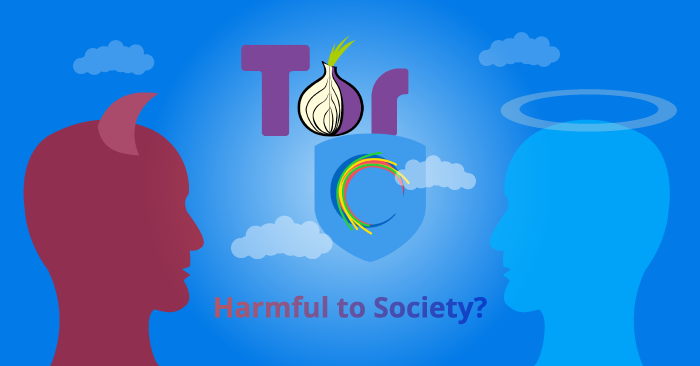How to get a Finnish IP address
The easiest way to improve your digital privacy is to switch your IP address using a VPN. We’ll …


Much has been in the news lately about encryption technology and its impact on both law enforcement and civil liberties. Most recently, the battle between Apple and the Department of Justice over privacy rights and encryption on the San Bernardino shooters’ phones has spilled into the news, close on the heels of the global discussion that followed the Paris terrorist attacks.
While the technologies used are different, the underlying issue is the same: Should citizens have the right to use privacy-enhancing technologies such as encryption, anonymized browsing and messaging tools such as Telegram and Tor, or even personal VPNs such as Hotspot Shield? Much ink has been—and will be—spilled attempting to answer that question in a way that balances individuals’ rights against government’s responsibility to keep people safe.
Most people don’t understand the difference between privacy technology such as Tor and VPNs (Hotspot Shield). Tor, an acronym for “The Onion Router,” is an anonymizing service; it obscures your Internet traffic so that it cannot be traced back to you. Tor has a global network of relays run by volunteers that it uses to route and encrypt your traffic, making it impossible to connect your activity to its ultimate destination. Tor is free to install and use, but because of its byzantine distribution network, it is quite slow.
VPNs such as Hotspot shield, on the other hand, use a proxy to mask your IP address. This means that any website you visit can only see the IP address of the VPN server, not the originating IP address. VPNs also encrypt your traffic, making your information impervious to hackers or snoopers. VPNs are very common; remote workers who telecommute use VPNs to connect to their employer’s network. This means they are generally not blocked by Internet service providers. VPNs are much faster, but they usually require a monthly or annual subscription fee.
It’s easy, in the wake of these tragedies, to take an absolutist approach when it comes to Internet privacy and insist on transparency for all users; after all, if you aren’t doing anything wrong, you shouldn’t have anything to hide.
But this flies in the face of basic human rights and violates Americans’ Fourth Amendment rights under the Constitution. This amendment guarantees the right of individuals” to be secure in their persons, houses, papers, and effects, against unreasonable searches and seizures.” This amendment is considered an essential bulwark against government spying. This is the argument that animates civil liberties groups, who see a slippery slope into a form of digital tyranny if Internet privacy rights are abridged. The Supreme Court has heard several cases on this very matter.
From a human rights perspective, Internet privacy is an essential tool for political dissidents living under dictatorial regimes that suppress open communication and enforce censorship. These regimes rigidly control the Internet in an attempt to shut down political activity and opposition. North Korea, China, Cuba, Vietnam, and Iran all tightly restrict Internet access and censor communication. In these countries, privacy and encryption software are the only tools that allow prisoners and dissidents to communicate with the outside world.
Too often, individuals who are concerned about safety, especially in this era of growing terrorism threats, believe that limiting access to tools that may be used by bad actors to commit evil acts, is the best way to protect the country, even if it means restricting the rights of law-abiding citizens.
This same rationale is also applied to other dangerous tools; guns are a prime example. Many believe that tightening control over guns, or even banning them outright will prevent criminals from carrying out their destructive deeds. But guns are far from the only deadly implement available to those who wish to do murder: knives, baseball bats, broken bottles, even cars can be deadly weapons in the hands of bad actors. Does this mean our society should ban access to everything with the potential to do harm in an attempt to enforce Utopian harmony?
The sensible approach to tools such as VPNs and encryption technology is to recognize that these items in and of themselves are not harmful, and in fact, ensure basic human and constitutional rights for their users. Banning them in the name of potentially preventing a future attack is the beginning of a slippery slope toward government overreach and tyranny. It is better to trust in the good intentions of the vast majority of our fellow citizens and err on the side of protecting individual rights than to lean toward censorship and invasions of privacy.
What do you think? Share your opinion in the comments below.
